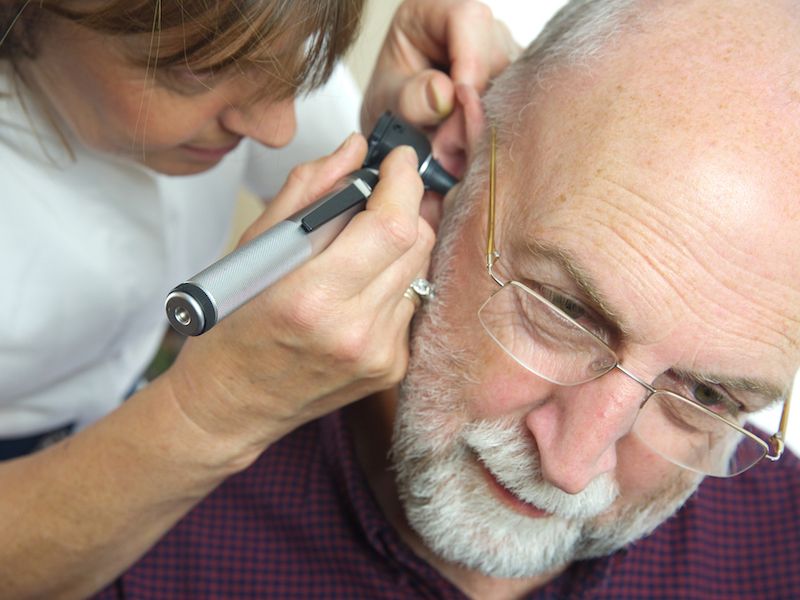
You still visit the eye doctor every year if you own glasses, right? Due to the fact that, with time, your eyes can change. As a matter of fact, no part of your body is static, not your eyes and not, the reality is, neither are your ears. That’s why, just as it is with your eyes, it’s necessary to keep having your ears examined even after you buy a nice pair of hearing aids.
Unfortunately, many people miss those regular checkups. It’s possible they’ve been consumed with enjoying their lives to get back in to see the doctor. Or perhaps your job has been stressful lately. Or it’s possible you’ve simply been so happy with your hearing aids that you haven’t had a reason to get another appointment. That seems like it should be a positive thing, right?
For many people with hearing impairment, even one follow-up consultation becomes almost more important in the long run. Yet lots of people ignore ongoing treatment. According to one survey, only 33% of seniors with hearing aids also used regular hearing services.
Why Do You Need Examinations Once You Have Hearing Aids?
Your hearing is not static. Over time it changes. It’s significant to adjust the hearing aids to counter those changes. Problems can be discovered early and your hearing aids can be adjusted accordingly.
And that’s not even the only reason why it could be a smart idea to show up for scheduled checkups with a hearing professional once you have your hearing aids. Some of the most common reasons to ensure you show up to your next checkup include:
- Degeneration of hearing: Even if you use a hearing aid, your hearing could continue to deteriorate. If this deterioration is slow enough, you most likely won’t realize it’s taking place without the aid of a hearing evaluating. Hearing decline can often be slowed with appropriate alterations to your hearing aids.
- Hearing aid calibration: Though your general hearing health may continue to be stable, small changes in your hearing might create the need for yearly adjustments of your hearing aid. Your hearing aids might gradually become less efficient if you ignore this kind of calibration.
Besides tracking changes in your hearing, it’s important to periodically get an expert cleaning. We can help make certain your hearing aid is working the way it is supposed to, clean all the little parts and keep it in top notch condition.
The Risk of Not Following up With Regular Exams
The primary worry, here, is that over time, the hearing aids will quit functioning the way they’re intended to, so you’ll get irritated with them and stop wearing them altogether. Hearing aids make your all-around health better and also, of course, makes your hearing stronger. You might not recognize it immediately, but your hearing may decline quicker if you discontinue wearing your hearing aids. Increased risk of hearing accidents, along with mental decline, have been related to loss of hearing.
If you really want your hearing aids to continue working at an ideal level, regular checkups are going to be your best choice in the way of achieving that. Annual hearing exams or screenings can help you be certain your hearing aids are performing in the way they should and that your hearing is safeguarded. So schedule your hearing exam now.

